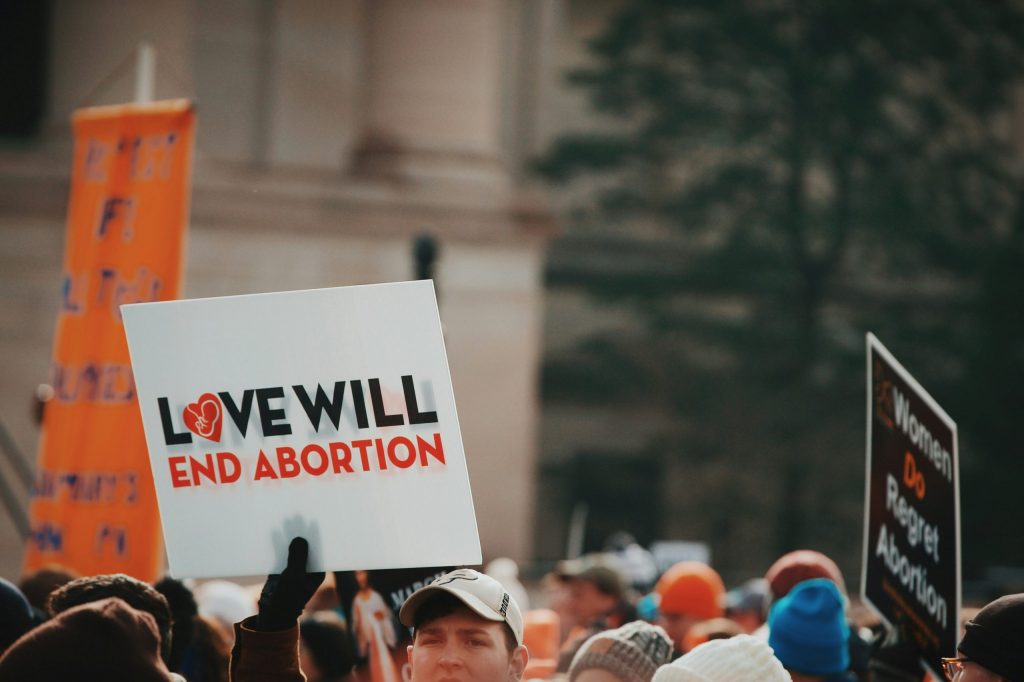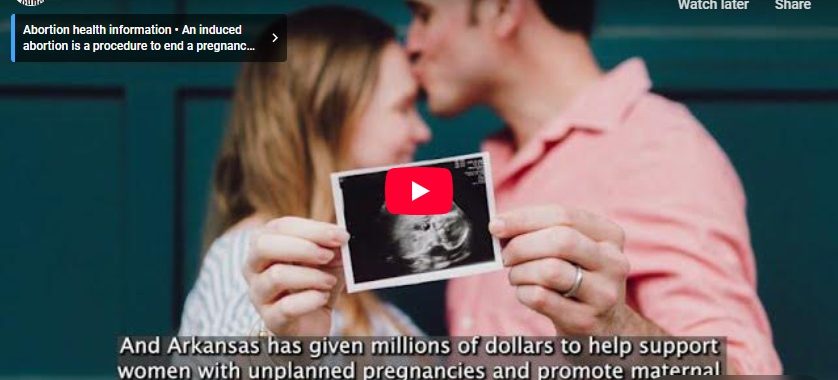Arkansans Believe Abortion Should Be Illegal: Survey

A recent survey by Pew Research Center shows most Arkansans believe abortion should be illegal.
Over the years, public opinion polling has shown time and again that most Arkansans are pro-life and strongly oppose abortion on demand.
Pew’s latest survey reveals how people’s views on abortion vary from state to state — and how many states are divided on the issue.
“In states like Nebraska and Utah,” Pew writes, “attitudes are split almost down the middle. In Wyoming, Kentucky and Louisiana, 54% say abortion should be legal while 45% say it should be illegal. But these differences are not statistically significant.”
According to Pew’s article, the survey found 57% of Arkansans believe abortion should be prohibited in all or most cases.
Pew notes, “Meanwhile, people in Arkansas are more likely to say abortion should generally be illegal (57%) rather than legal (41%). Arkansas is the only state where the balance of public opinion is against abortion by a statistically significant margin.“
It’s been nearly three years since the U.S. Supreme Court reversed Roe v. Wade. Today, abortion in Arkansas is generally prohibited except to save the life of the mother. The state legislature has passed good measures this year that further clarify those pro-life laws. And Arkansas has given millions of dollars to help support women with unplanned pregnancies and promote maternal wellness.
All of this goes to show that Arkansas is a deeply pro-life state when it comes to public policy as well as public opinion.
Articles appearing on this website are written with the aid of Family Council’s researchers and writers.
Trump Admin Rescinds Biden-Era Abortion Mandate

On Tuesday the federal Department of Health and Human Services announced it is rescinding “guidance” the Biden Administration issued in 2022 requiring emergency rooms to perform abortions under the federal Emergency Medical Treatment and Labor Act (EMTALA).
EMTALA is a decades-old law signed by President Ronald Reagan. It is designed to ensure people are able to receive emergency care even if they are unable to pay.
After the U.S. Supreme Court overturned Roe v. Wade in 2022, President Biden’s Department of Health and Human Services released a letter and guidance telling doctors and hospitals that EMTALA requires them to perform abortions as a “stabilizing treatment” or transfer the woman to another facility for an abortion if the abortion is necessary to protect the life or health of the mother — even if the abortion would be illegal under state law.
Health exceptions for abortion are notoriously vague and can actually permit abortion on demand in many cases. That’s why states like Arkansas limit abortion to situations where the mother’s life is at risk instead of using a broader “health” exception. That’s also part of the reason why the Biden administration’s reinterpretation of EMTALA was a serious problem, prompting lawsuits from pro-life groups. Family Council was able to join amicus briefs in those cases.
Tuesday’s decision by the Trump administration means emergency room doctors won’t be forced to perform abortions or provide abortion referrals. That is a major, pro-life victory.
The federal government has no business trying to overrule state pro-life laws or turn emergency rooms into abortion facilities. Family Council appreciates all of the pro-life leaders who have stood against these bad federal policies, and we appreciate the Trump administration’s decision to rescind President Biden’s flawed “guidance” from 2022.
Articles appearing on this website are written with the aid of Family Council’s researchers and writers.



